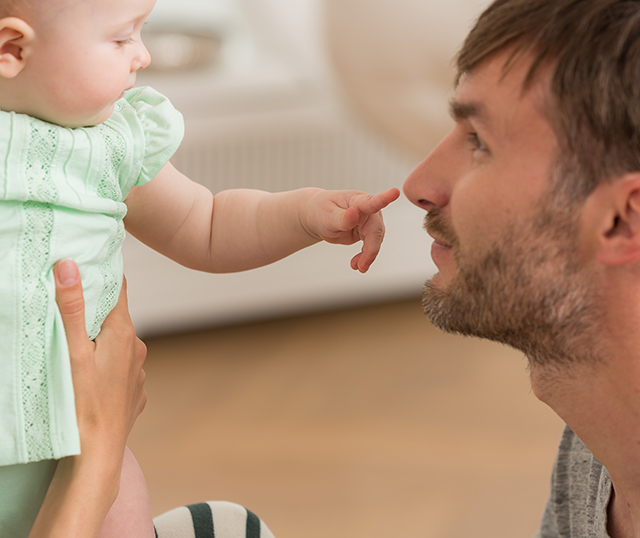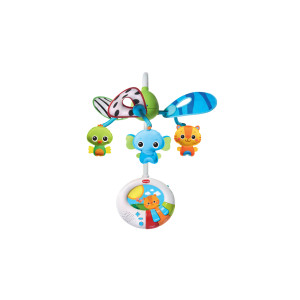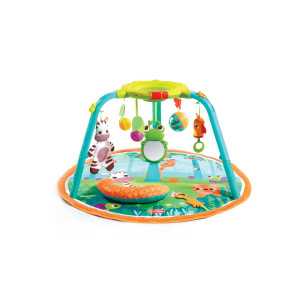Explaining the Wondrous Process of Intellectual Development
Understanding human cognition is both challenging and intriguing as it depends on a field of research that grows and changes constantly. Today, we know that even newborns are mentally active and are born with a variety of cognitive skills that help them acclimate to reality outside the womb. They are constantly learning and their cognitive skills grow and develop by the day. In this article we try to make the mysterious subject of human cognition a little easier to understand. Cognitive skills are the mental processes through which we understand our world. As you watch your baby grow and develop, it is important to understand how her mind is developing so you can help her as much as possible and provide her with the tools she needs to maximize her potential. Understanding the stages and elements related to cognitive development will help you guide your child through the wondrous adventure of learning .
























 English - International
English - International French - France
French - France Spanish
Spanish German
German Portuguese
Portuguese English - USA
English - USA English - UK
English - UK Russian
Russian Italian
Italian Japanese - Japan
Japanese - Japan Polish - Poland
Polish - Poland





